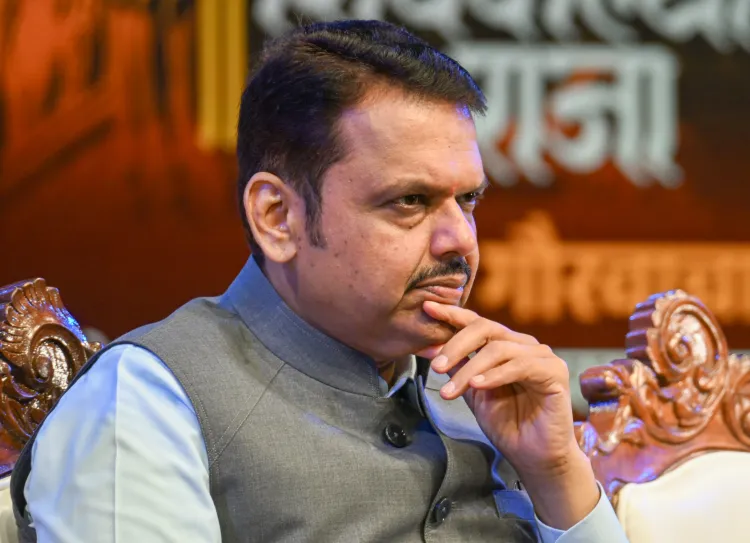Will Maha Enhance Its Cooperation Policy with a Focus on Digitisation and Output?

Synopsis
Key Takeaways
- Maharashtra government is set to craft a new cooperative policy.
- Focus on digitisation and AI integration in cooperative societies.
- Goal to double agricultural credit by 2029.
- Plans to increase milk production significantly.
- Enhancement of financial stability in urban cooperative banks.
Mumbai, July 25 (NationPress) Following the announcement of a new cooperative policy by the Centre on Thursday, the Maharashtra government is preparing to implement its own policy aimed at solidifying the state's prominent role in the cooperative sector through a series of reforms.
A senior official from the cooperation department remarked, “In accordance with the Centre’s updated cooperation policy, our state policy will prioritize digitisation and computerisation of various cooperative entities, including primary agricultural cooperative societies, to deliver seamless services. Special focus will be placed on utilizing Artificial Intelligence to enhance their operations and optimize service delivery. Moreover, we aim to boost the annual agricultural credit provided by cooperative banks from the current ₹30,000 crore to ₹60,000 crore by 2029. The policy also targets an increase in milk production to 1 crore litres per day, up from the current 60 lakh litres by 2029.”
The official highlighted that Maharashtra is a leading producer in the national sugar industry, hosting over 200 cooperative and private sugar factories. The government plans to promote the use of AI specifically to improve sugarcane yield per acre while minimizing water usage.
Additionally, with approximately 455 urban cooperative banks in the state, the government intends to introduce greater professionalism in their operations to enhance financial stability and reduce the risk of financial distress.
Chief Minister Devendra Fadnavis recently stated that the government will revise the Cooperative Societies Act to meet modern needs.
Furthermore, a comprehensive strategy will be developed to fortify cooperative institutions, including district central cooperative banks and urban cooperative banks, with the hope that these measures will empower cooperative banks.
According to data from the cooperation department, Maharashtra boasts over 2.2 lakh cooperative societies, 21,014 non-agricultural cooperative societies, 455 urban cooperative banks, 31 district central cooperative banks, and more than 200 cooperative and private sugar mills.
Short-term agricultural credit, primarily for seasonal farming activities, is extended by primary agricultural cooperative societies. The state has over 12,000 primary agricultural cooperative societies, including 30 farmer service societies and 885 tribal cooperative societies, serving approximately 67,000 and 7.4 lakh members, respectively.
The government is actively working on the computerisation of these primary agricultural cooperative societies to promote self-reliance under the Atmanirbhar Bharat Abhiyan.
(Sanjay Jog can be contacted at sanjay.j@ians.in)








